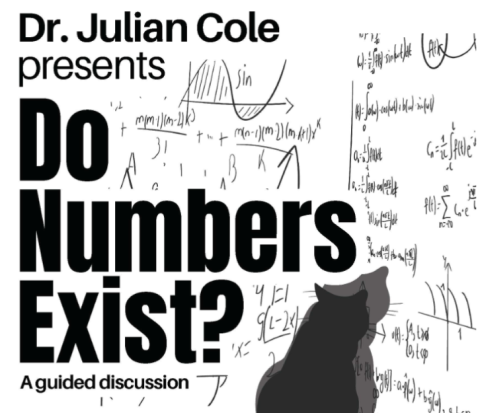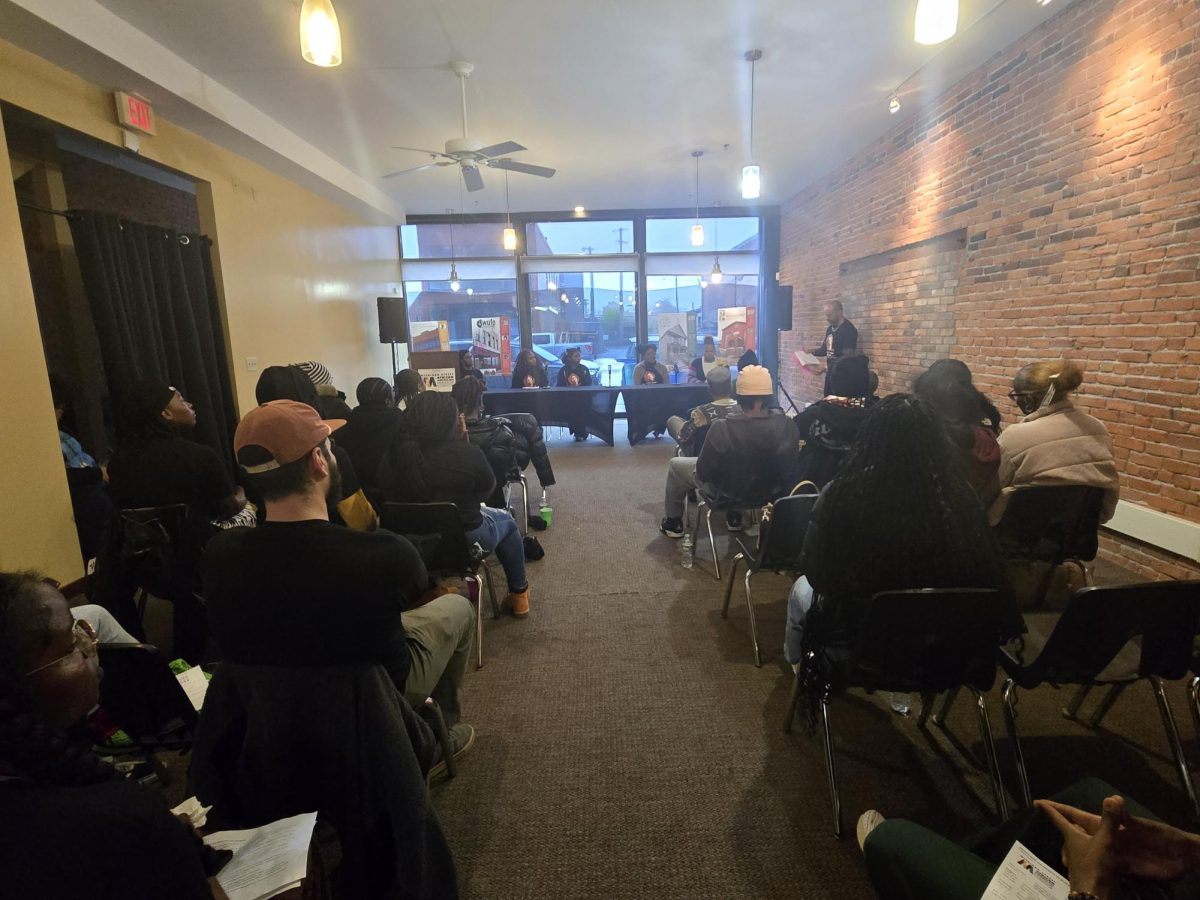Do numbers exist? Friday, Sept. 25, a guided discussion on the subject was held at 4 p.m. in Ketchum Hall. Dr. Julian Cole and the Humanities Club welcomed all Buffalo State students and staff, allowing for a varied audience. The variety of ages, professions, and experience on the subject led to a productive and curiosity-filled discussion.
Dr. Cole is a philosophy professor and interim dean at the arts and sciences department of Buffalo State. He has dedicated the last 30 years of his life to studying the mathematics of philosophy and continues to publish works. Although Cole identifies as a humanist, believing that we as humans are responsible for numbers, he introduced various viewpoints, allowing the formation of individual perspectives.
The discussion began covering prerequisites, ensuring the participants’ ability to comprehend further information. Cole began with the simple question of “What is there?”, a general philosophical thought, followed by “Does Sherlock Holmes Exist?” While these questions may seem unrelated, they are existence questions, as the question of numbers existence is.
Cole continued to explain that to answer existence questions, it must be known what kind of thing the item in question is. Three perspectives were presented on the subject, Quinean naturalism, deflationism, and criterialism. All differ in what they believe is necessary for a subject to exist, as participants seemed to as well.
Numbers must be separated from cardinalities, or categories identified by numbers, such as “four chickens.” While cardinalities can be experienced, numbers can not. As Gottlob Frege, a German philosopher and logician, would say, “The number of moons of Jupiter is four if and only if Jupiter has four moons.”
So, why do the majority of us believe that numbers exist? Primarily because many things we say within mathematics indicate that they do. Numbers have unique features. For starters, they are knowable a priori, or through reason alone, not experience. Numbers are also timeless, necessary, non-casual, and objective.
Numbers are abstract objects, known despite not being experienced in the concrete world. Two of nine in-depth views were presented to participants. Through Dr. Cole’s detailed description of multiple theories, participants were given the opportunity to formulate their own opinion on the existence of numbers.
The Humanities Club hosts meetings and events like this weekly. Meetings act as a safe place for conversation and debate on the topic of the humanities. Further information and upcoming dates can be accessed through Bengal Connect.








